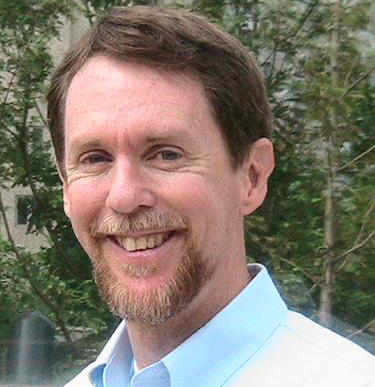The True Meaning of "International Reserves"
It's not correct to think of today's currencies as being 'backed' by the international reserve assets held by the central bank or government. International reserve assets, the bulk of which are US$-denominated, usually rise and fall due to attempted manipulation of exchange rates. In particular, the international reserve position of a country rises when the monetary officials of that country effectively short-sell their own currency in a misguided attempt to obtain a trade advantage via a lower exchange rate.
To correctly understand the role played by international currency reserves it must first be understood that a large trade or current account surplus will not, in and of itself, lead to the accumulation of international currency reserves by the 'surplus' country. Instead, the increase in currency reserves that often happens in countries that have large trade surpluses is a result of the central bank buying-up foreign currency using newly-created units of local currency. The process typically goes like this:
a) A trade surplus causes exporting industries to end up with more foreign currency than they need, so they exchange (sell) the foreign currency for the local currency.
b) The currency exchange causes the local currency to rise in value relative to the foreign currency.
c) The increase in the exchange rate creates a benefit for purchasers of imported goods, but reduces the profit-margins of exporters.
d) Either directly or via lobbyists, the exporters complain to the government that if something isn't done to arrest the upward trend in the currency's exchange rate, their reduced profit margins will lead to factory closures and mass unemployment.
e) The government instructs the central bank to do something about the 'problem' posed by the rising exchange rate.
f) The central bank exerts downward pressure on the exchange rate by swapping its own currency -- that it creates 'out of thin air' -- for foreign currency.
g) The currency swap mentioned above causes the country's FX reserves to rise.
h) Most economists and financial commentators mistakenly cheer the rise in FX reserves as if it were a sign of strength, rather than what it really is: a sign that the government is manipulating market prices, giving some parts of the economy a short-term boost at the expense of fomenting a long-term problem.
The long-term problem fomented by the reserve-accumulation process described above is the inflation kind, because part of the process involves inflating the supply of the local currency.
At some point the inflation problem will become a political imperative, prompting the country's monetary officials to take anti-inflation measures such as hiking interest rates (for example, Brazil today). However, hiking interest rates will only work if it substantially slows the rate of growth in the money supply. If the money supply continues to expand rapidly then the inflation problem will worsen, leading to a very weak currency on the foreign exchange market. The entire manipulation process will then go into reverse, with the central bank using international reserves to buy-up its own currency in an effort to arrest the downward trend in the exchange rate.
Most economists and financial commentators will say something along the lines of: "It's fortunate that Country XYZ's central bank had such a large international reserve position to draw upon in defense of its currency". These economists and commentators are blissfully ignorant of the fact that there would be no need to use international reserves to defend the currency in the present if not for the inflation problem to which the accumulation of these reserves contributed in the past.
The bottom line is that the accumulation/decumulation of international currency reserves is nothing more than an attempt to manipulate market prices.
The above is excerpted from a commentary originally posted at www.speculative-investor.com on 20th June 2013.
Regular financial market forecasts and
analyses are provided at our web site:
www.speculative-investor.com/new/index.html
We aren't offering a free trial subscription at this time,
but free samples of our work (excerpts from our
regular commentaries) can be viewed at:






 Steve Saville graduated from the
Steve Saville graduated from the 









